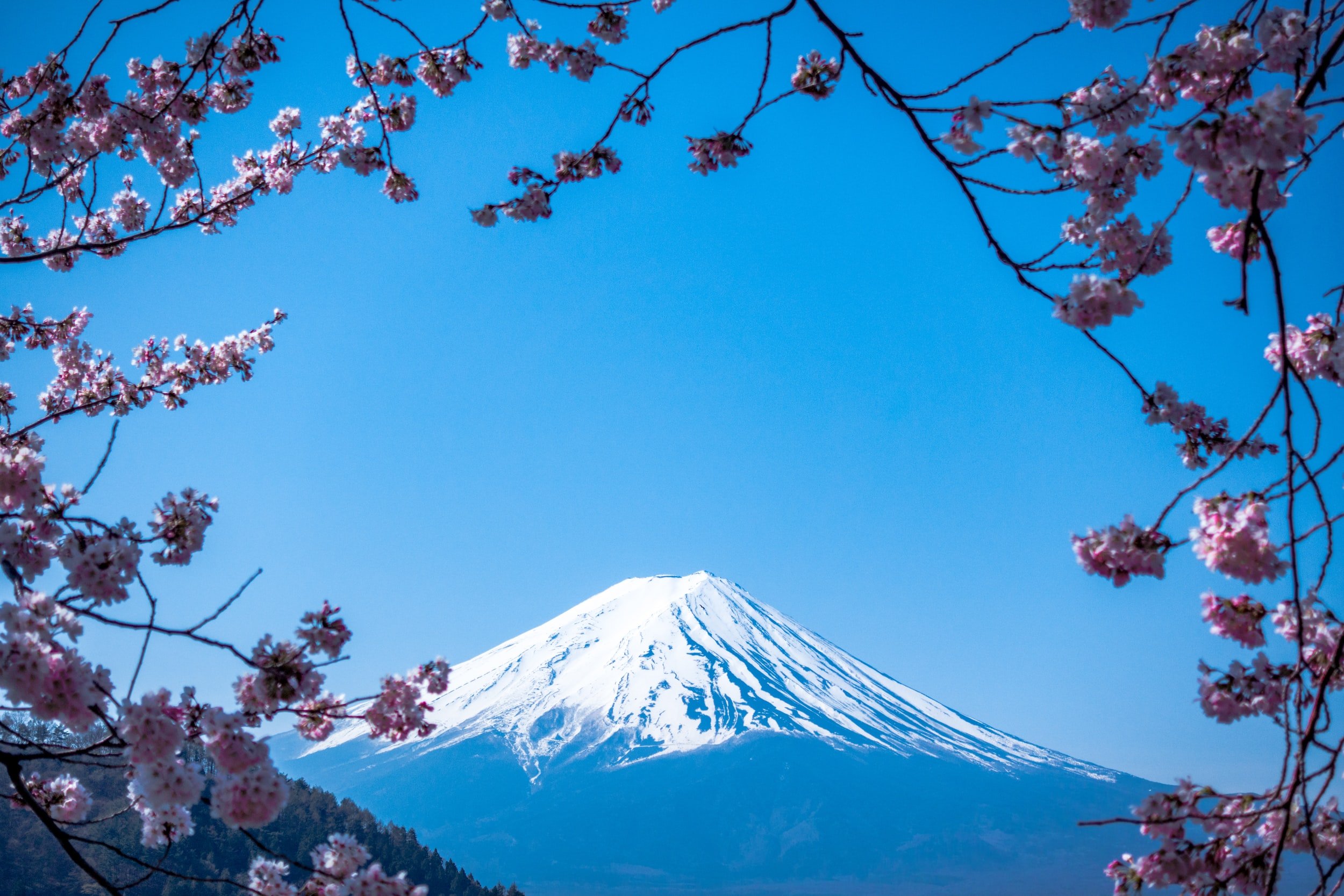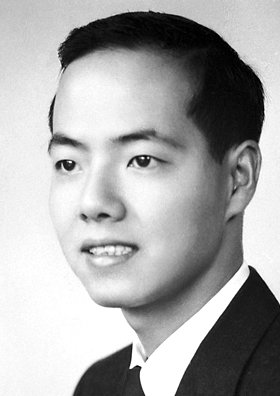
May is Asian American and Pacific Islander Heritage Month
Spotlight Scientists
Michio Kaku (1947 - Present)
Michio Kaku earned his PhD from the University of California, Berkeley and today works as a professor of theoretical physics in the City College of New York and the CUNY Graduate Center. He is most well known for his research studying superstring theory, supergravity, supersymmetry, and hadronic physics. He is also an avid communicator and prolific physics outreach personality. He has authored numerous books and appeared on many television shows and films, and he even hosts a weekly radio program called Exploration. In 2021 he received a Sir Arthur Clarke Lifetime Achievement Award for his achievements in theoretical physics and as a science communicator.
Tsung-Dao Lee (1926 - Present)
Tsung-Dao Lee grew up in Shanghai, where his secondary education was interrupted by the Second Sino-Japanese War. Despite this, he would go on to receive a postsecondary degree in physics at Zhejiang University. He then obtained a graduate fellowship to study in the US at the University of Chicago under Enrico Fermi, where he began researching the Hydrogen content of white dwarfs. After becoming a professor at the University of Columbia, he shifted focus to quantum field theory, developing the renormalizable Lee Model, and particle physics, looking for violations of parity, time reversal, charge conjugation, and CP-symmetry. For these achievements, he was awarded the Nobel Prize in Physics in 1957, at only 31 years old, making him the second youngest Nobel Laureate ever.
Kalpana Chawla (1962 - 2003)
Kaplana Chawla grew up in India and received her Bachelor of Engineering degree from Punjab Engineering College before moving to the United States and receiving two masters and a PhD in aerospace engineering from the University of Colorado Boulder. In 1988 she joined the NASA Ames Research Center, working on computational fluid dynamics and vertical/short take-off and landing techniques. She then joined the crew of the space shuttle Columbia in 1997 and 2003, spending in total about 31 days in space. She died in the 2003 Columbia disaster upon re-entry, and she posthumously received the Congressional Space Medal of Honor. In commemoration, she also has an asteroid and a hill on Mars named after her.
The men and women in our spotlight changed the course of science over and over. However, there are uncountable more that accelerated our progress further.
To learn more about these incredible people, follow the links below:
Steven Chu: Department of Energy, Stanford, Nobel Prize
Chien-Shiung Wu: Atomic Heritage Foundation, NPS, NSF
An Wang: Britannica, IEEE, Biography




